The National Archives and Records Administration presents a National Conversation on Lesbian, Gay, Bisexual, Transgender, and Queer or Questioning (LGBTQ) Human and Civil Rights in partnership with Center on Halsted and the Chicago History Museum in Chicago, Illinois, on July 15-16, 2016.
The “National Conversation on Rights and Justice” in Chicago is presented in part by AT&T, Ford Foundation, Seedlings Foundation, The Chicago Community Trust, Elizabeth Morse Genius Charitable Trust, and the National Archives Foundation.
Related Records in the National Archives
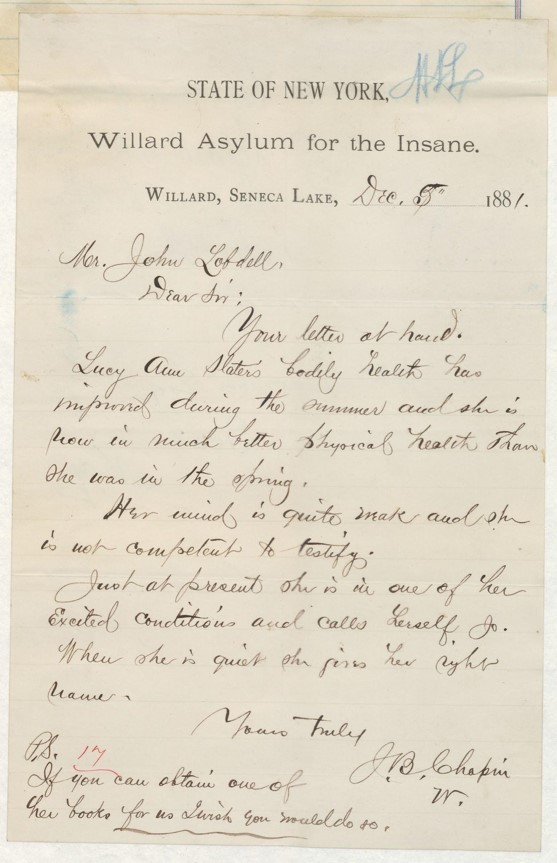
J. B. Chapin of the Willard Asylum for the Insane to John Lobdell regarding Joseph Lobdell (born Lucy Slater), December 5, 1881.
Born Lucy Ann Lobdell in 1829, Lucy took the name of Joseph (Joe) Israel Lobdell and later married Marie Louise Perry.
In 1879, Lobdell was committed to the Willard Insane Asylum for not conforming to contemporary gender norms. Historians disagree about where this person falls on the LGBTQ spectrum. Some see Lucy as a lesbian who passed as a man. Others believe that Joseph was what we today refer to as transgender.
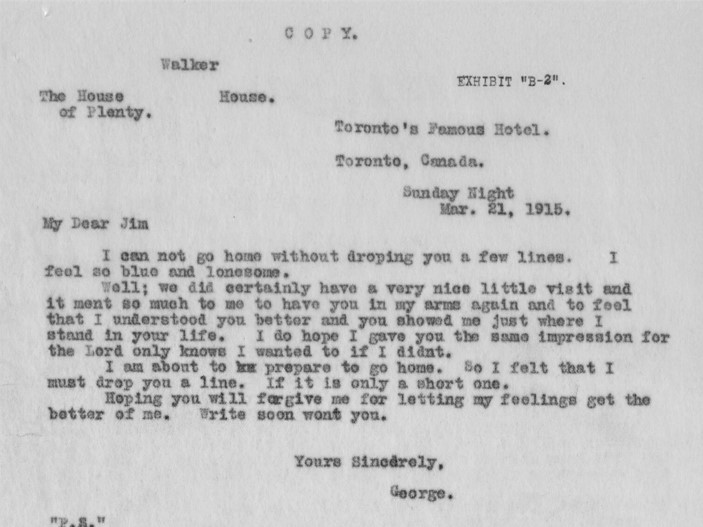
George McBurney to Samuel “Jim” South, March 21, 1915.
Jim South, a 24-year-old Canadian real estate agent, moved to Detroit in 1915. On a visit back to Canada, he met George McBurney, a drapery salesman. A romantic relationship developed between the two. They exchanged numerous letters—sometimes two or three a day—and saw each other when they could. George moved to Detroit in late 1915.
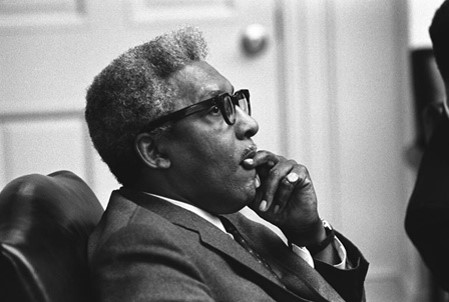
Selective Service registration card of Bayard Rustin, October 6, 1940.
A prolific activist, Bayard Rustin was known as “an intellectual engineer behind the scenes,” and the success of the March on Washington was credited to his planning.
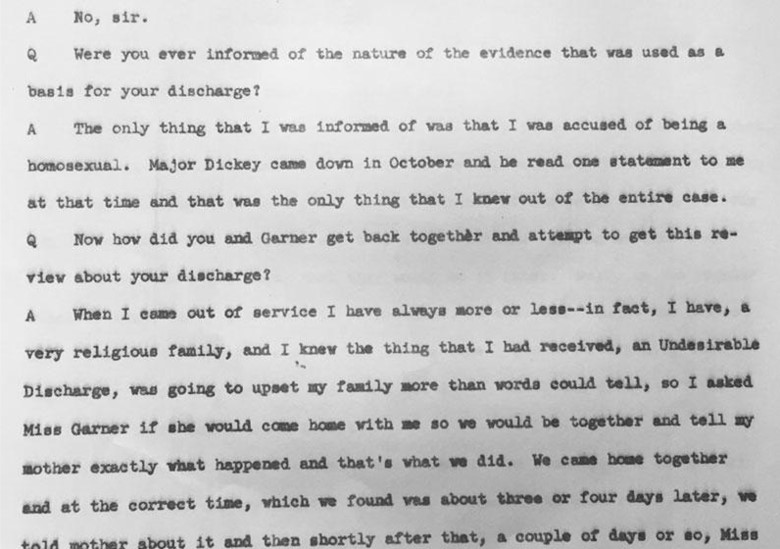
Air Force Discharge Review Board transcript for case of Fannie McClackum, January 17, 1955.
Until 2011, soldiers could be dishonorably discharged if they were discovered to be gay. In 1960, US Air Force Reservist Fannie Mae Clackum was the first to successfully challenge her dishonorable discharge.
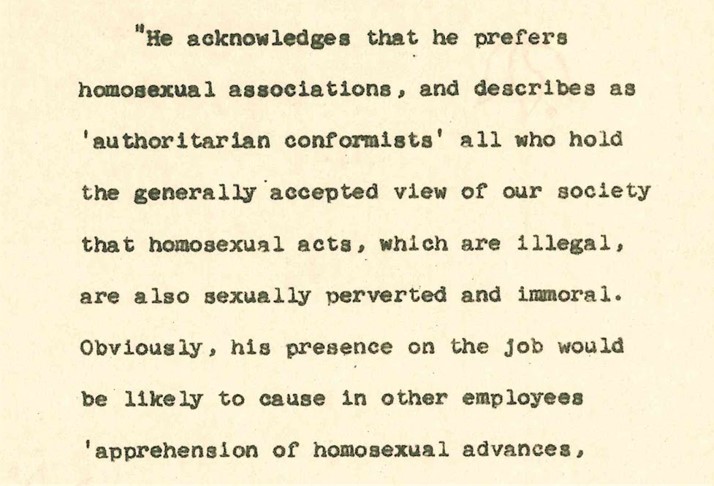
Transcript from Bruce Scott v. John Macy, Jr., Chairman, Civil Service Commission, U.S. District Court for the District of Columbia, March 31, 1967.
In 1956, Bruce Scott was fired from his job at the Labor Department because he was gay. Five years later he applied for another job at the same agency. Although he passed a qualifying exam, he was declared “ineligible for federal employment on the grounds of immoral conduct.”
In 1965, Scott appealed to the US District Court of Appeals for DC, which ruled in September 1968 that he must be considered eligible for federal employment.
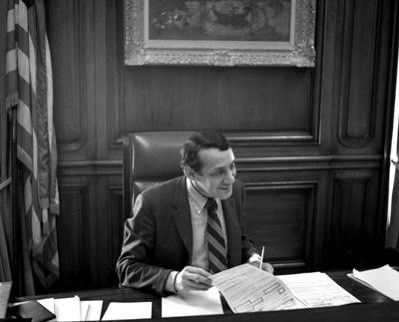
Speech of San Francisco Supervisor Harvey Milk at Gay Freedom Day, June 25, 1978.
Harvey Milk, a gay man elected to the San Francisco Board of Supervisors in 1977, gave a rousing speech at the city’s 1978 Gay Freedom Day celebration. In his speech, Milk emphasized that LGBTQ rights are part of the American tradition of freedom and equality.
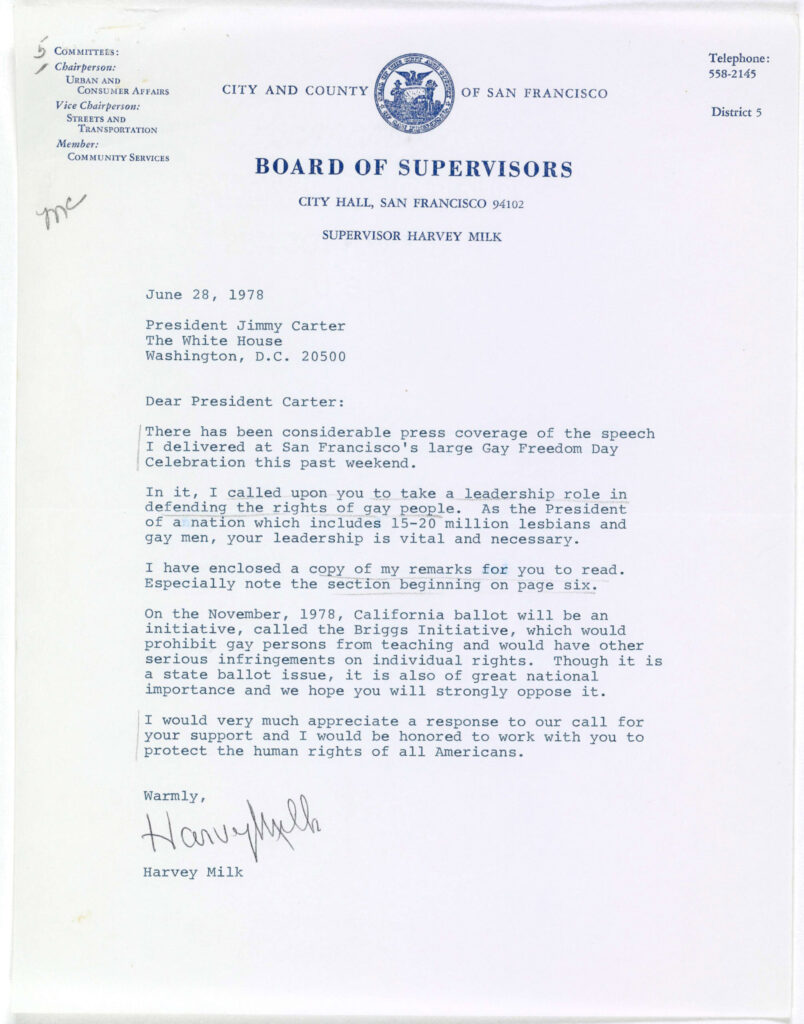
Letter to President Jimmy Carter from Harvey Milk
Harvey Milk wrote President Jimmy Carter asking him to speak out against Proposition 6, which would have banned gay men and lesbians from teaching or otherwise being employed by California school districts. The initiative sponsored by state senator John Briggs was opposed by a number of leading politicians, including former Governor Ronald Reagan, and former President Gerald Ford.
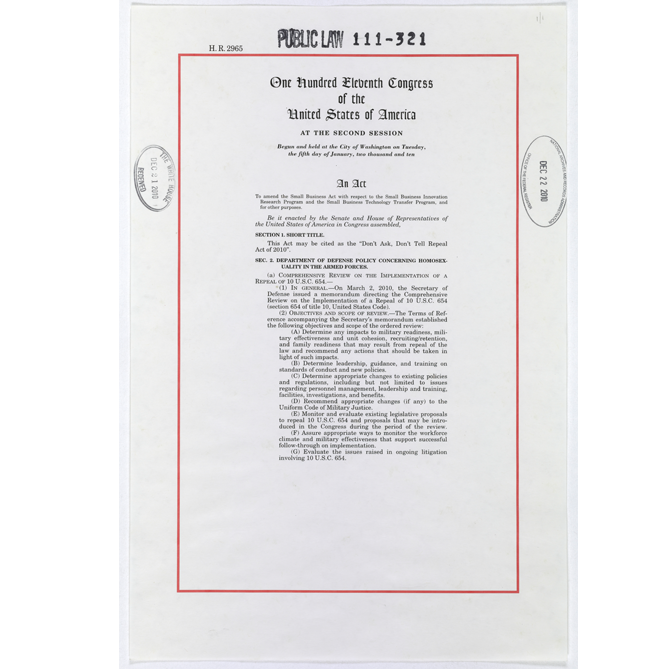
Don’t Ask, Don’t Tell Repeal Act of 2010
During World War II, the U.S. Armed Forces established a policy that discharged homosexuals regardless of their behavior. In 1981, the Defense Department prohibited gay and lesbian military members from serving in its ranks with a policy that stated, “Homosexuality is incompatible with military service.” In the decade following, 17,000 service members were discharged from their duties for being homosexual.